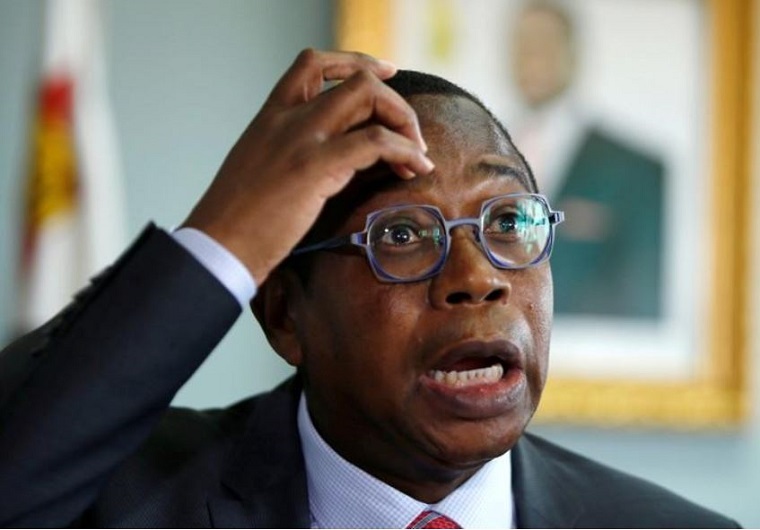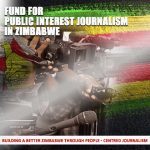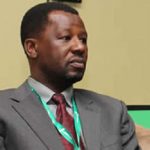 For much of the past year, Zimbabwe’s economy has oscillated between confusion and chaos, and as the second half of 2019 wears on, the headwinds show no immediate sign of relenting.
For much of the past year, Zimbabwe’s economy has oscillated between confusion and chaos, and as the second half of 2019 wears on, the headwinds show no immediate sign of relenting.
This is in spite of government’s own constant and consistent barrage of positive narratives attempting to placate the nation.
And for the most part, the country has been in need of placating, reeling under the weight of the “big-bang” shock therapy being administered under government’s Transitional Stabilisation Program (TSP), adopted in October 2018.
For the ardent observers, current events are reminiscent of the recurring themes during the hair-raising hyperinflation era.
Winding fuel queues, electricity shortages, incessant talk of “unscrupulous and profiteering” retailers, and the threats to faceless “economic saboteurs”, all bring flashes of the tumultuous “lost decade” that was the hyperinflation period.
If ever there was any doubt as to the efficacy of Murphy’s law, then any such doubts were put paid in January this year. Virtually everything that could go wrong, did go wrong.
With no visible end in sight to the blight of queues for fuel, compounded by rising parallel market rates, basic goods price increases and an economy in stagnation, tensions among the citizenry were heightened.
In fact, as early as October 2018, tensions had generally been rising, following that “big-bang” shock therapy, wherein among a host of other measures, the separation of FCA Nostro accounts and RTGS balances, which all but ended the mirage of the parity between the bond notes and the USD.
Something simply had to give! Then, with the subtlety of a jackhammer, government increased fuel prices by an unprecedented 150% in January, in an evening televised address by the Head of State.
It is worth noting that given the national mood at the time, this move was tantamount to dousing a raging fire with kerosene.
Following this unpopular move, with President Mnangagwa away on a European tour, which included a planned attendance of the World Economic Forum in Davos, violent protests erupted in which a reported 12 people died.
Government’s response to the crisis could not have been any more ham-fisted. A shutdown of the internet ensued, drawing wide criticism of an infringement of people’s constitutional rights.
The official government line was that this was a “temporary and tactical move aimed at restoring peace.”
However, the blowout from the protests was consequential such that the Head of State had to cut short his European tour, including his planned appearance at Davos.
Continued next page
(317 VIEWS)


